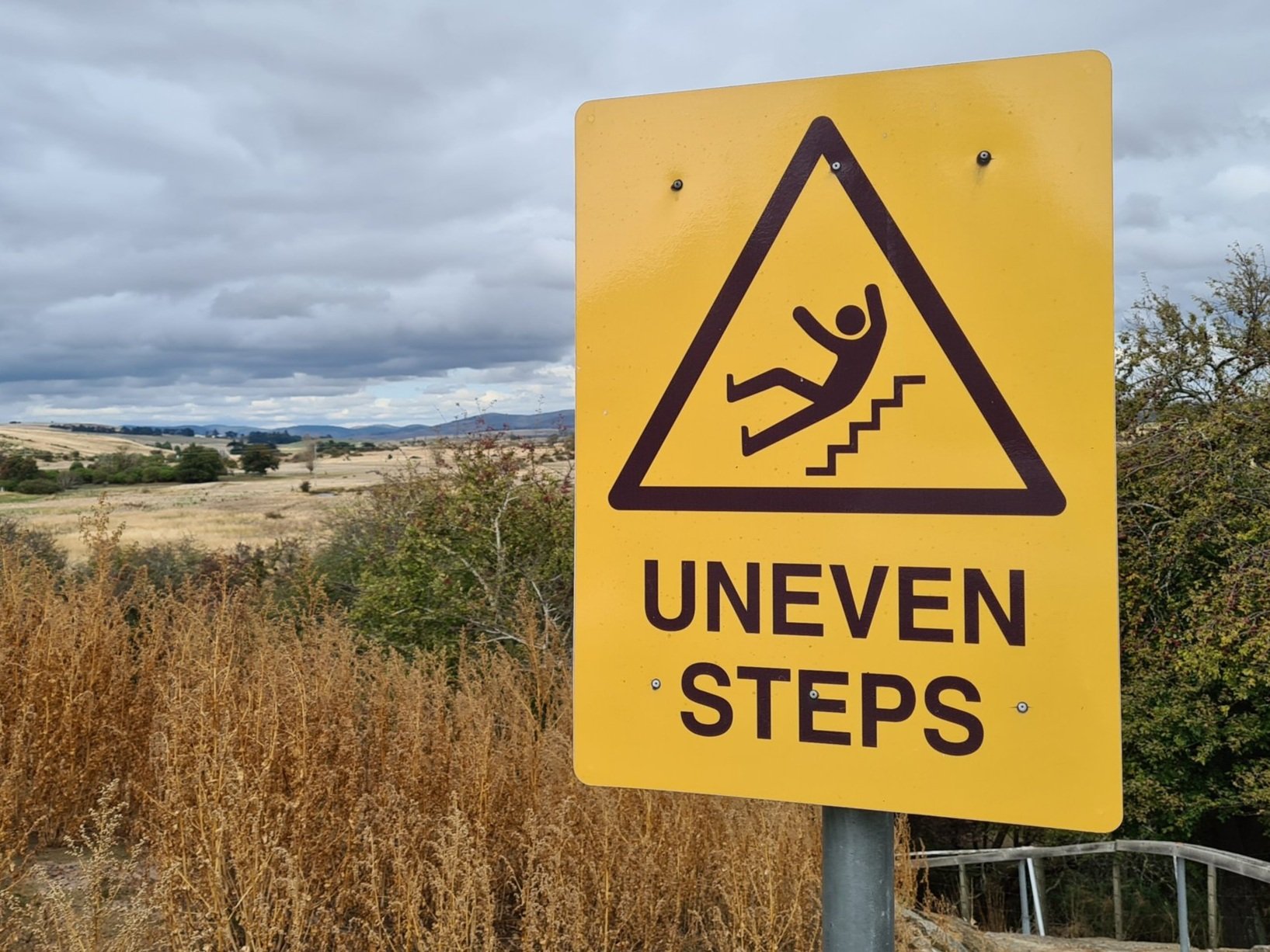Note: Chronic Illness Humor
How does one properly, grammatically, describe their chronic illness experiences?
James Thurber figured it out all the way back in 1931, in his parody Ladies’ and Gentlemen’s Guide to English Usage
In this excerpt, he combines humor, formal grammar, and surprisingly solid advice on describing an invisible illness.
In response to the question “What should I say: ‘I feel bad” or ‘I feel badly’?”
The question is not so easy as it might seem
…Merely saying nothing…is scarcely the best way to avoid the use of "bad" or "badly." On the other hand, the grammarian is reluctant to advise a person who really feels bad, or badly, to say that he feels fine. This might, for one thing, revive that old wall-card about "every day in every way I am getting better and better," an expression the world is well rid of. Physically, it was never really true, and rhetorically it was nothing much.
“There is always the danger, of course, that one’s listeners will cut in with a long description of how they feel; this can usually be avoided by screaming.”
…As a general thing, if the illness or pain…is acute, it is better to use the shorter word "bad," because it is more easily said and will bring assistance quicker. Furthermore, "badly" sounds as if the person who had used it had deliberately chosen a euphemism
…In cases of sharp, flashing pains, blind staggers, acute heart attacks, or extreme danger generally, it is wise to abandon all adverbial constructions and resort to exclamations and interjections, such as "help!," "Hey!," "hi! hi!," "halloo, there!," and the like.
…There is, of course, a special problem presented by the type of person who looks well even when he doesn't feel well, and who is not likely to be believed if he says he doesn't feel well. In such cases, the sufferer should say, "I look well, but I don't feel well."
…The important thing is to find out not how he doesn't feel, but how he does feel. He should state his symptoms more specifically -- "I have a gnawing pain here, that comes and goes," or something of the sort.
There is always the danger, of course, that one's listeners will cut in with a long description of how they feel; this can usually be avoided by screaming.
<3 Vered
If you’re struggling with chronic illness, Long Covid, or ME/CFS, you’re not alone. Vered Counseling provides support for ME/CFS and Long Covid.
Kimberly Vered Shashoua, LCSW is able to provide online therapy in Texas and North Carolina, and non-therapeutic coaching services elsewhere internationally. Sign up for our waitlist or contact us today.




